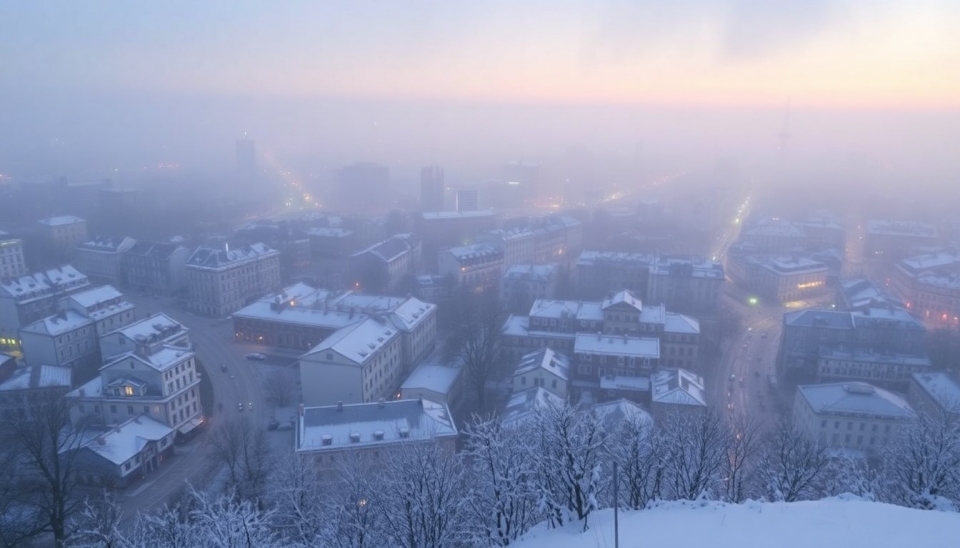
A notable cold wave has enveloped various regions in Europe, predominantly affecting France, where temperatures dipped significantly this week. The chilling weather is believed to stem from a recent phenomenon in the Arctic, specifically related to the jet stream's altering patterns due to unprecedented atmospheric conditions.
Experts have noted that this chilling event in Europe is not typical for this time of year, when milder weather is generally expected. Instead, countries across the continent, including Germany, the UK, and the Netherlands, have reported unusual low temperatures that have ignited discussions about the implications of climate change and its impact on seasonal weather patterns.
In Paris, locals braved the freezing temperatures, which fell to lows not seen in the month of March for several years. The city, known for its iconic landmarks and generally temperate climate during early spring, transformed as citizens and tourists donned heavier clothing and sought warmth in cafes and public spaces.
This abrupt shift in weather patterns has been attributed to the polar vortex—a system of winds that typically keeps colder air contained around the Arctic. However, disturbances in this system have allowed icy air to penetrate farther south than usual, leading to the prolonged winter-like conditions being reported across various regions of Europe.
Scientists are examining how these atmospheric changes not only disrupt local weather but also what it could mean for the future role of the polar vortex in climate scenarios. They emphasized that although such anomalous cold snaps might appear to be isolated incidents, they could signal a broader trend influenced by climate change.
The cold snap has generated various challenges, particularly for vulnerable populations and infrastructure. For instance, municipalities across Europe have mobilized resources to mitigate the impact on those without homes and to ensure that transportation remains operational amidst snowstorms and icy conditions.
While some regions are dealing with the harsh consequences of the weather, others have begun preparations for a potential return to milder conditions. Forecasters remain cautiously optimistic that the cold spell will gradually ease, leading to a return to usual springtime temperatures in the coming weeks. However, uncertainties remain as to how lasting these changes may be in the context of continuing climate shifts.
As Europe grapples with these extreme weather events, it has ignited a deeper conversation about sustainability, environmental policies, and global warming's role in intensifying these anomalies. Authorities and citizens alike are urged to engage in discussions about preparedness and resilience to better cope with future weather extremes.
In summary, the unusual cold snap gripping Europe is a wake-up call about the changing weather patterns tied to climate change. As the continent experiences these rare winter conditions, the emphasis on sustainable practices and climate awareness is more pressing than ever.
#ColdSnap #Europe #ClimateChange #ArcticWeather #Winter2025 #EuropeWeather #ColdWave
Author: Liam Carter




